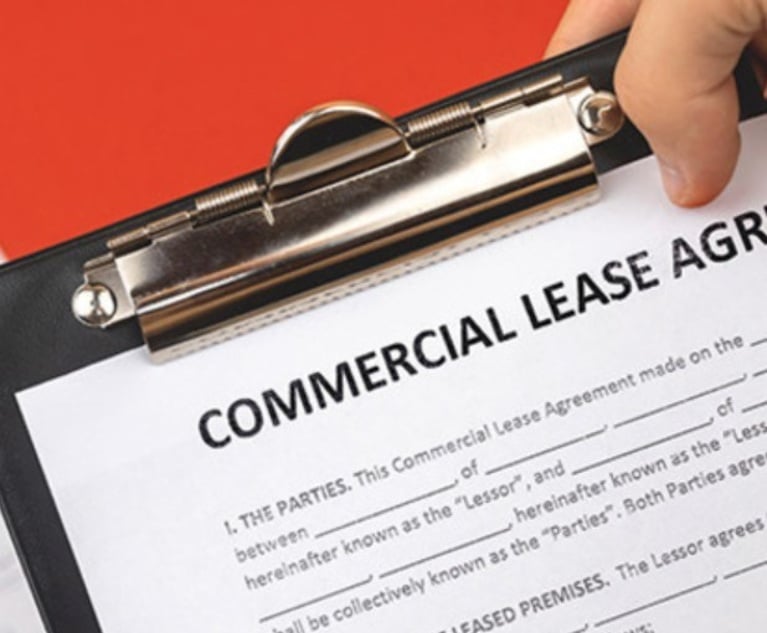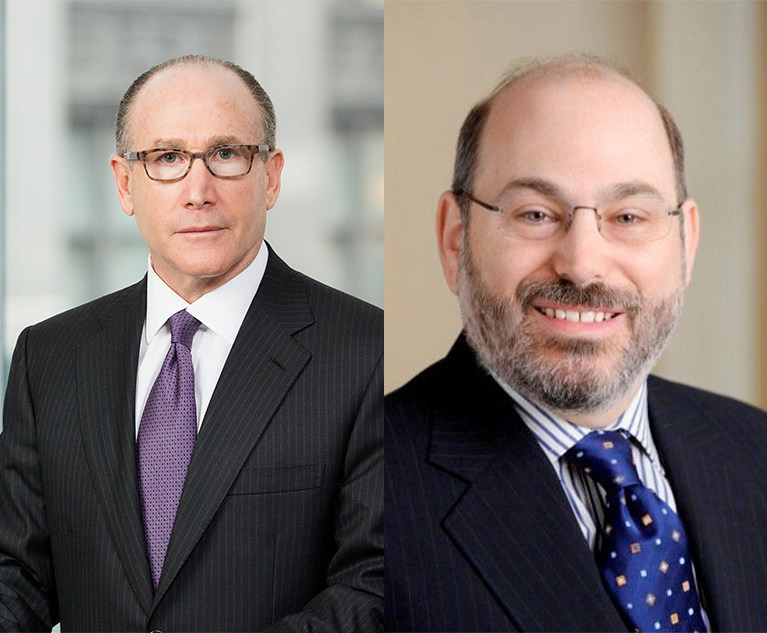In the wake of the global pandemic which caused widespread unforeseen business interruption, “best efforts” clauses in commercial leases have come under scrutiny. While these clauses are often heavily negotiated, they inherently require a degree of interpretation because they speak to the uncertainty of a party’s future performance, which is constrained by variables outside of both parties’ control. For example, a restaurant lease may obligate the tenant to use “commercially reasonable efforts” to increase gross sales if they fall below a threshold, where the landlord is receiving a percentage of those revenues; or the restaurant tenant may be required to use “best efforts” to obtain a liquor license by a date certain as a condition for receiving the benefit of rent forgiveness prior to opening.
Undefined terms of art such as “best efforts” are often utilized in commercial leases, but the interpretation of those terms and the enforceability of the clause, when left to the courts, will turn on how the lease is drafted. This article discusses how New York courts interpret and enforce these “efforts” clauses.
Hierarchy of Terms
This content has been archived. It is available through our partners, LexisNexis® and Bloomberg Law.
To view this content, please continue to their sites.
Not a Lexis Subscriber?
Subscribe Now
Not a Bloomberg Law Subscriber?
Subscribe Now
LexisNexis® and Bloomberg Law are third party online distributors of the broad collection of current and archived versions of ALM's legal news publications. LexisNexis® and Bloomberg Law customers are able to access and use ALM's content, including content from the National Law Journal, The American Lawyer, Legaltech News, The New York Law Journal, and Corporate Counsel, as well as other sources of legal information.
For questions call 1-877-256-2472 or contact us at [email protected]







